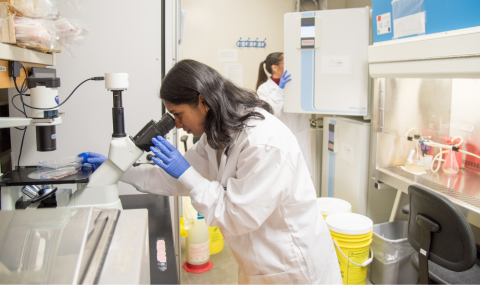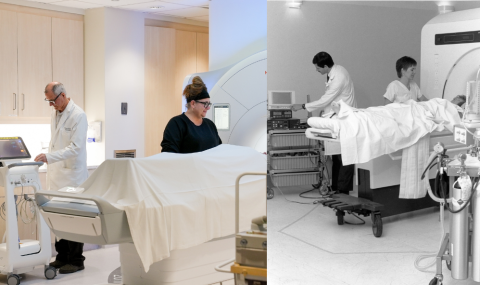|
What is a PPI? |
ANSWER:
PPI stands for
proton-pump inhibitor. The proton-pump is the enzymatic system in
the gastric
parietal cell
which secretes hydrochloric acid. This is the final step in the production
of stomach
acid, therefore
treatment with a PPI will prevent acid production regardless of the cause.
In
contrast, H2
blockers such as ranitidine, inhibit the histamine receptor of the parietal
cell.
There are three
PPI's available in Canada: omeprazole, pantoprazole and lansoprazole.
Only
pantoprazole
is available in an injectable form.
PPI's are preferred
over H2 blockers for the treatment of esophagitis, gastric ulcers, in
combination with
antibiotics for the treatment of H. pylori, and possibly in the treatment
of upper
GI bleeding.
H2 blockers are as effective as PPI's for the treatment of gastric reflux
disease,
duodenal ulcers,
and the prophylaxis of stress induced ulcers.
Lynne
Kelly, B.Sc.Pharm.
June
30, 2000
|
|



